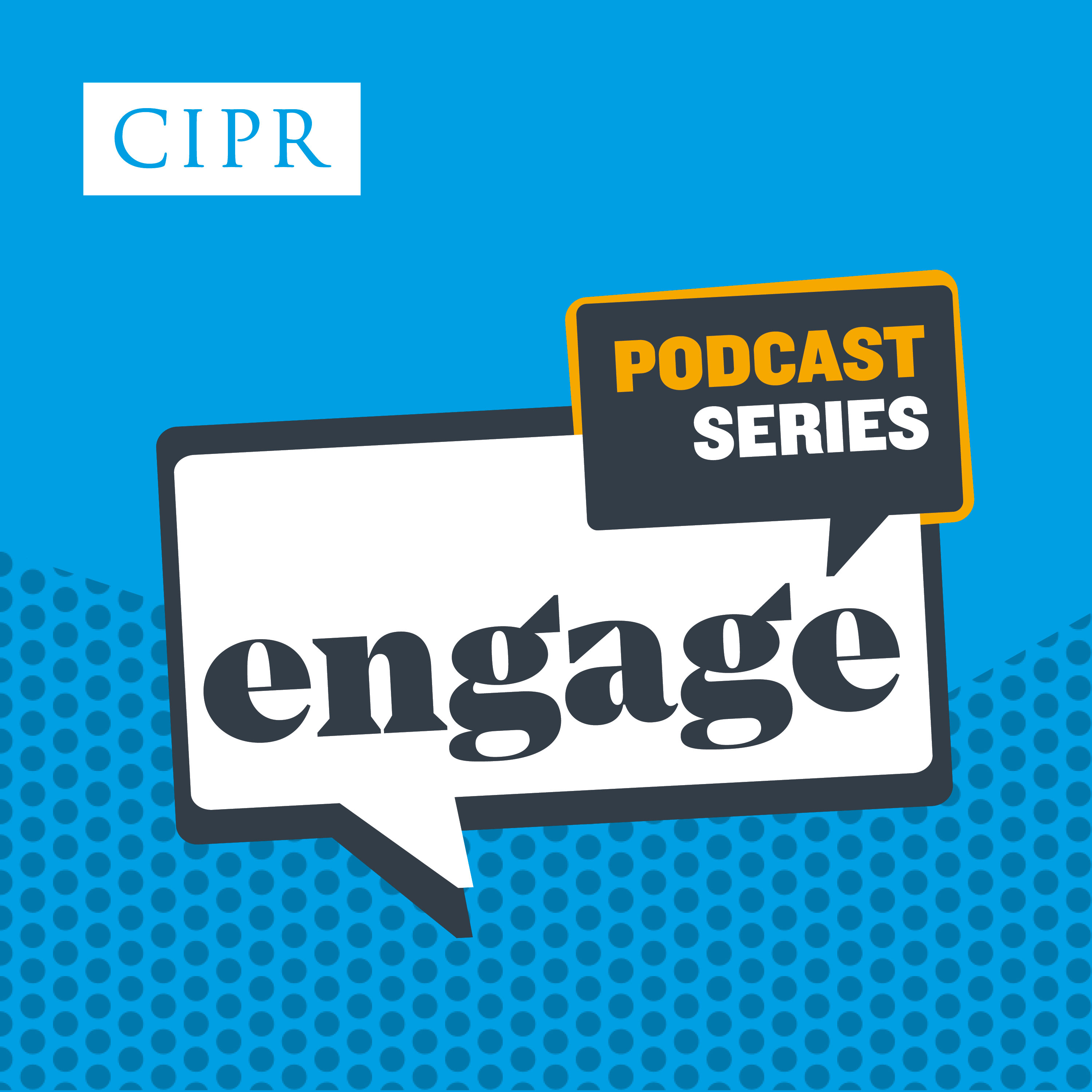
Bite Size Comms
Bite Size Comms is a weekly podcast that will give you a perspective on an aspect of public relations and communications practice. Bite size as they are short opinion pieces on topical issues. The episodes are sometimes contentious, sometimes funny, and they all aim to provoke thought.
Thanks for listening.
Bite Size Comms
"Sorry seems to be the hardest word"
We take a look at crisis communications and see that relationship rebuilding is more important than maintaining reputation. We consider that the victims in a crisis need empathy. Words and actions. We also look at how to handle a mis- or disinformation crisis.
“Sorry seems to be the hardest word”
The Elton John/Bernie Taupin song from 1975 is a mournful ballad about a romantic relationship which is falling apart. It is a song that many people can relate to. We can also apply this phrase to crisis communications. Allegedly, lawyers advise organisations against saying sorry or any form of apology during a crisis as they believe it is admitting guilt. Often, I think it is the senior leaders, not lawyers, who don’t want to damage their personal reputations or endanger their bonus salary payments. If you take the tragic case of Rochdale Borough Housing, in which a magistrate found them to be the cause of death of a two-year-old boy, it took nearly a week after the magistrate’s finding (and over two years after the death) before an apology was made - and the Chief Executive sacked.
A far better crisis response is empathy with the victims and actions to put things right. Not just the “sorry” but actions. An apology is just the start. Empathy needs to be operationalised. Oh, and “It’s not that bad” is a poor crisis response. It is like the much-derided “I’m sorry if you feel offended” so beloved by politicians. There is moral outrage in a crisis like the one I just described. People see the need for punishment of the perpetrator. There is anger and disgust. Protecting the reputation of the organisation is, in those situations, irrelevant. Instead, senior management needs to embrace the pain.
Prof. Tim Coombs’ Situational Crisis Communication Theory gives practitioners a practical framework for crisis response. It is rooted in attributions of responsibility, from denial - when the crisis is based on misinformation, diminish - when the organisation did not cause the situation, and rebuild - when the organisation assists the victims and asks for forgiveness. From his research, Coombs argues that no one best approach to crisis communications exists. Instead, the response depends on who is culpable and how the crisis will affect the relationship between the organisation and its stakeholders. This raises the question of whether crisis communications is about protecting reputation or managing relationships. I strongly believe that contemporary crisis communications are about managing relationships, especially with crisis victims. Do that well, and the organisation’s reputation will likely not suffer in the long term. If only the Post Office had taken the relationship approach during the Horizon IT scandal, I can almost hear you thinking!
What is interesting in today’s polarised world is to consider the crisis response to misinformation or disinformation. Often, this involves intolerance and ideological language. Coombs argues that organisations caught up in a ‘culture wars’ crisis should avoid using ideological language like woke and instead talk about purpose and values meaningfully. Use language that resonates with stakeholders. Some terms can become toxic. Gaining trust is important to counter mis- or disinformation. Getting external trusted organisations on your side to show that trusted groups trust you, can be a good strategy. Above all, aim to be the “trusted source”. The Head of Comms at the National Trust, Celia Richardson, wrote insightful articles in The Guardian and New Statesman about how they fought against the right-wing media and a rather nasty Restore Trust on accusations of being woke and an attempted Board takeover. The National Trust used its members to fight back against the disinformation. In a recent poll, three-quarters of the UK population viewed the National Trust as a ‘force for good’.
I am indebted to the CIPR Crisis Comms Network’s excellent breakfast briefing with Tim Coombs this week, which inspired this article.
[Photo by Nick Fewings on Unsplash]





